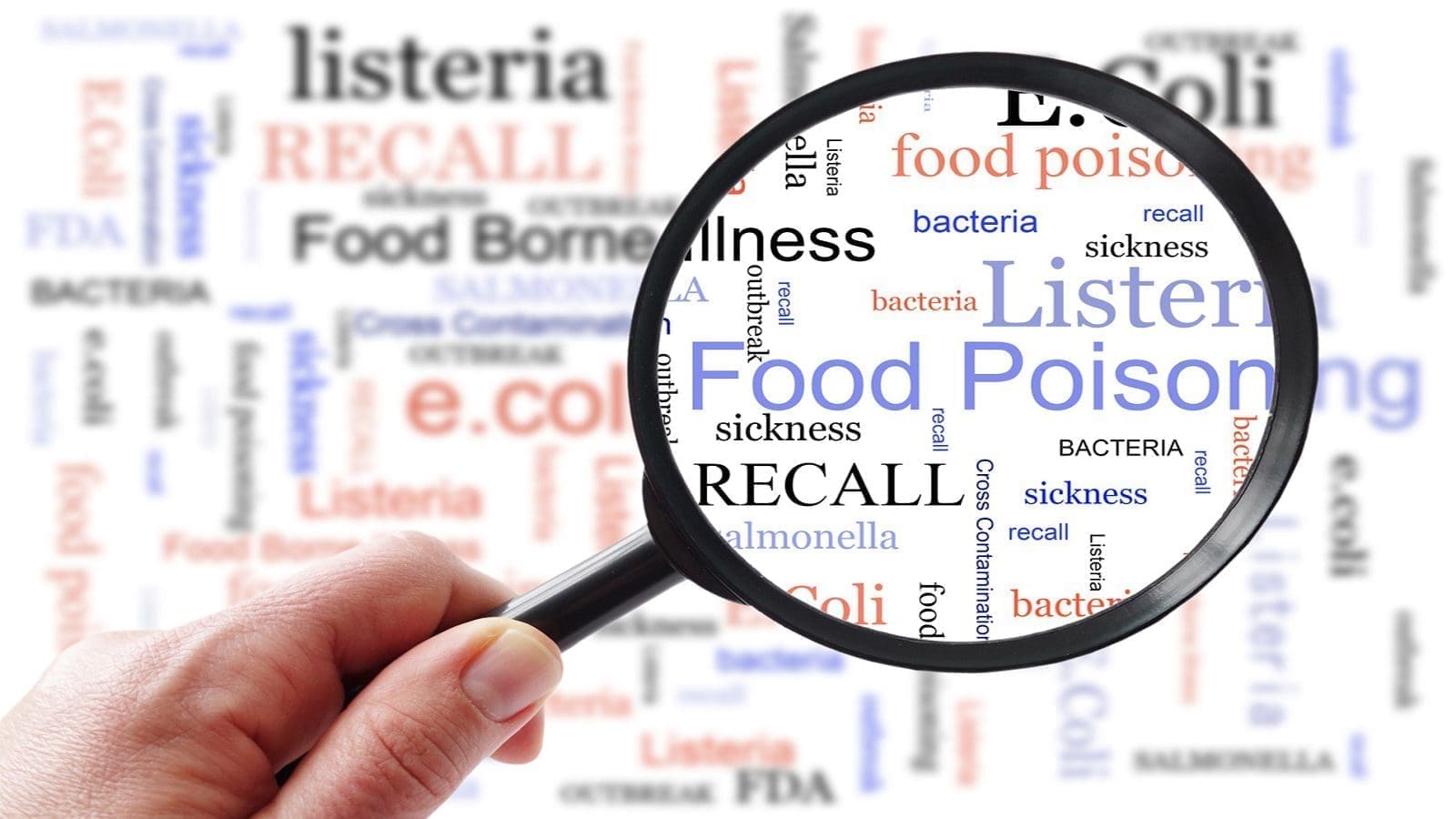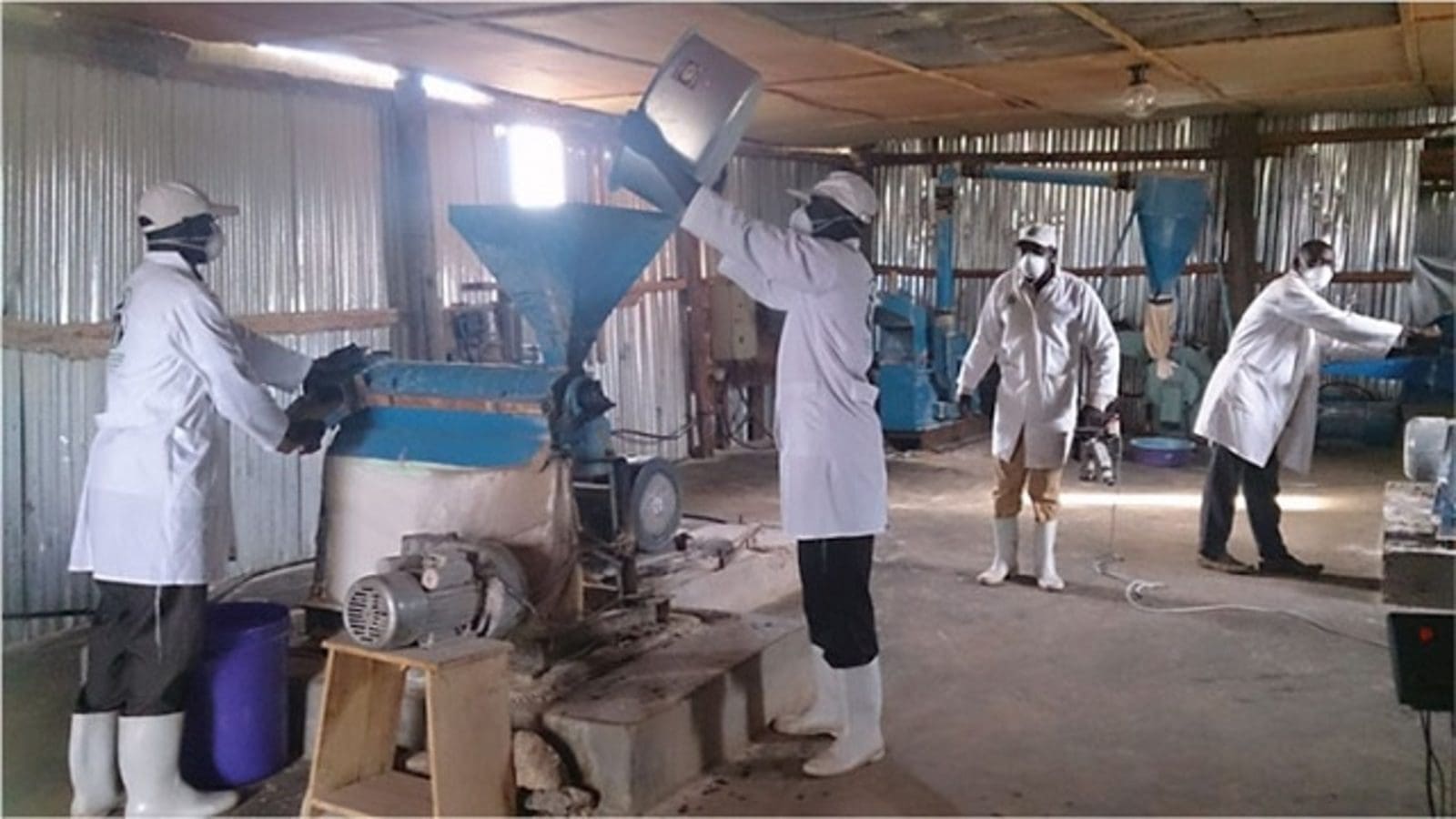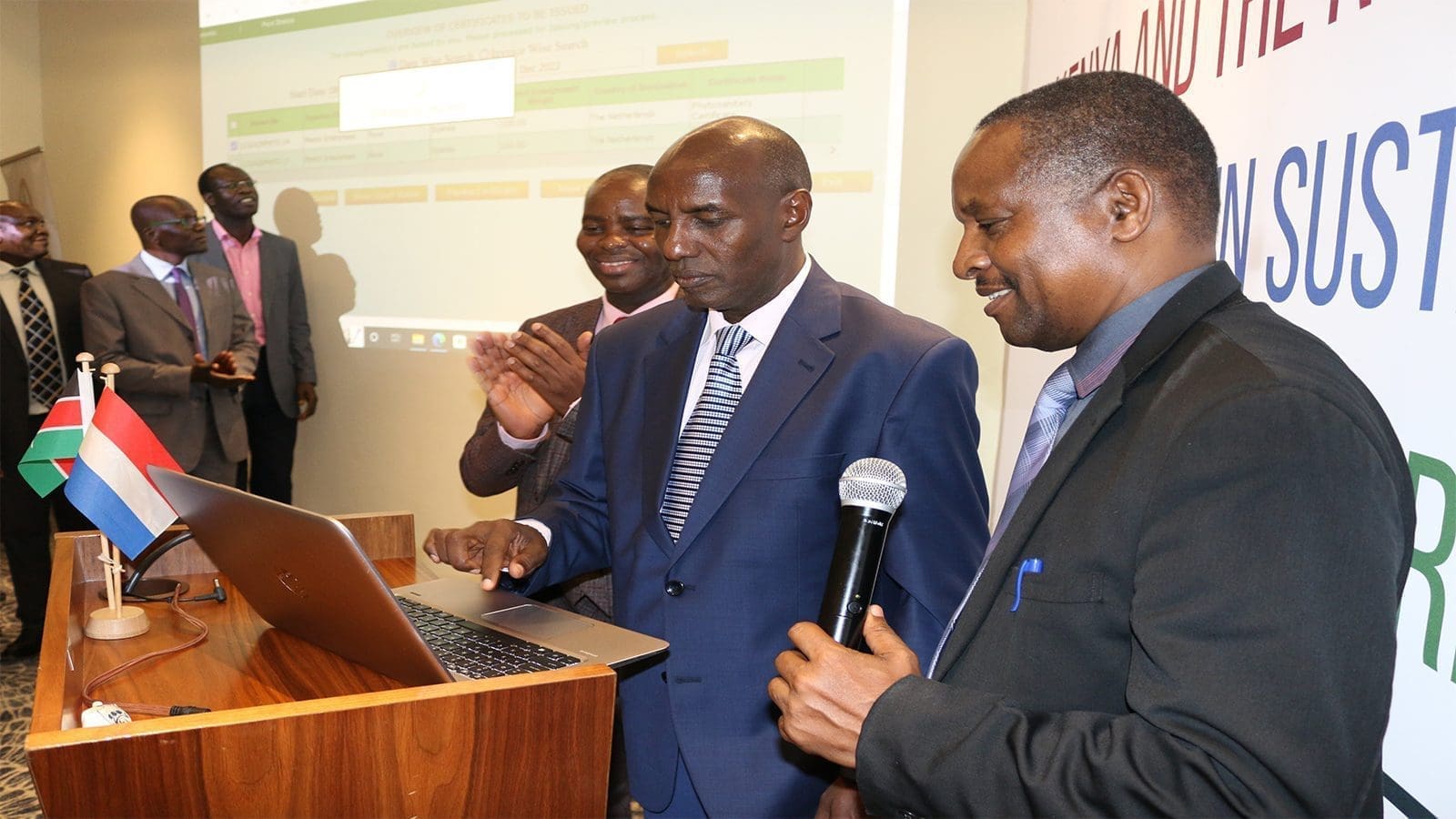INDIA – A group of 8 students undertaking an AI & Machine Learning Programme from India’s leading Ed-Tech company, Great Learning, have revealed that implementation of Artificial Intelligence (AI) in the food safety departments can help food and beverages, and hotel industry to minimise losses owed to food decay, by studying its current temperature thus predicting the rotting of the food in advance.
The research titled,’Food Temperature Analysis and Forecasting’ can consequently minimise losses from the spoilage of edibles and also bring down operational costs.
It applied Data Analytics and Mathematical Model to study the temperature of several food items which they recorded over a period of three months. The students collected the data by applying deep learning models and machine learning with time-series sensors to predict accuracy and timing of the changing food temperature.
The model continuously monitors the gas level, the humidity level, and the temperature of vacuum-packed foods and notifies a user when the temperature of stored food warms up. The main purpose of this research is to build an algorithm which would predict temperature fluctuations in each food sample and suggest when the food item shall perish based on the history recorded.
“This way, hotels will be able to prevent the food from going stale and utilize it for consumption at the right time”, the researchers said.
The Food Waste Index Report 2021, from the United Nations Environment Programme (UNEP) and partner organisation WRAP, said that around 931 million tonnes of food waste was generated in 2019.
The food industry can apply these algorithms that detect abnormal and missing values of the temperature and humidity data of cold storage areas which are received and displayed by the sensors. This method can predict temperature for the next 10 time periods based on data stored as history.
“Preserving food with higher safety norms is a very important aspect of the food industry. Raising and falling temperature would affect the quality of food, increase operational costs, and loss from spoilage of edibles. To improve food safety by maintaining appropriate temperatures we have built an AI model to predict temperature using historical data,” said Dr. Narayana Darapaneni, Director, AIML Programme.
He informed that this is an ongoing challenge faced by one of their clients in the food industry, which they were able to solve adding that AI implementations have given very good results even in testing and deployment.
The research was granted a best paper award under the AI and Machine Learning Category at the IEEE World AI IOT Congress 2021, which was held in Seattle in May.
According to the paper, recent advances in Remote Sensing, Cloud Computing and Machine Learning hold the potential to revolutionise Food Safety. Now more than ever, it is possible to automate the maintenance of temperature, microorganism growth, humidity and other parameters pertaining to the upkeep of food standards in real time.
The implementation of AI in food safety should yield greater food quality, lower operational costs, and minimal losses from the spoilage of edibles, benefits which will add tremendous value to the day to day operations of the food industry.








